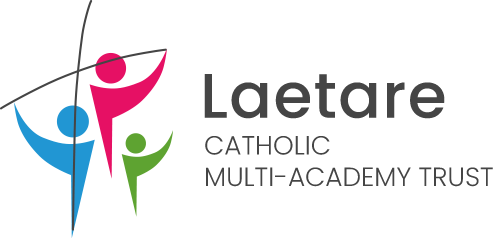Biology
WHY SHOULD I CHOOSE A LEVEL BIOLOGY?
Since Science and Technology are fast becoming an integral part of our lives, the choice of Biology at A Level is a forward-thinking decision. Cloning, Biotechnology, DNA Finger Printing, Gene Therapy and IVF seem to be in the headlines every day. If you want to find out more about these contemporary topics and learn about human physiology and the relationships between living organisms and their environment then you will enjoy A Level Biology.
WHAT DOES THE COURSE INVOLVE?
You will investigate the following topics: Biological molecules; Cells; Organisms exchange substances with their environment, Genetic information, variation and relationships between organisms; Energy transfers in and between organisms; Organisms respond to changes in their internal and external environments; Genetic populations, evolution and ecosystems; The control of gene expressions.
HOW WILL I LEARN?
You will be taught A Level Biology through both theory and practical lessons. This will be further supported by the use of ICT and your own background reading (using a multitude of resources available within the College as well as your own researched materials) to extend and enrich your Biological knowledge and understanding.
WHAT SKILLS WILL I DEVELOP?
You will develop your skills in areas such as communication, both written and oral, collaboration, self-organisation and observation as well as planning and designing investigations. You will build your confidence through group work and you will develop your analytical techniques through statistical calculations. Your evaluation techniques should develop through the scrutinising of data, whilst you will also refine your research skills, technical proficiency, initiative and independence.
HOW WILL I BE ASSESSED?
There will be three examinations at the end of the A Level course:
Paper 1: Two hours. Short structured questions plus 15 mark extended response question. Assessment of practical skills. 35% of the total A Level.
Paper 2: Two hours. Short answer questions and some longer questions and a 15 mark comprehension. 35% of the total A Level.
Paper 3: Two hours. 38 marks: structured questions, including practical techniques,
15 marks: critical analysis of given experimental data, 25 marks: synoptic essay. 30% of the total A Level.
Throughout the course, students must perform 12 essential practical investigations which can be assessed in the written papers.
WHAT CAN A QUALIFICATION IN BUSINESS LEAD TO?
A Level Biology is a specific requirement for certain careers – such as Medicine, Physiotherapy and Veterinary Science but is also recommended for a wide range of careers such as Dentistry, Agriculture, Forestry, Farming, Fisheries, Food Manufacture and Preservation, Genetic Engineering, Pharmacy and Nursing.
ENTRY REQUIREMENTS
Two x grade 6 in GCSE Combined Science Trilogy AND grade 6 in Biology component of GCSE or grade 6 in Biology component or grade 6 in GCSE Biology. Grade 6 in GCSE Mathematics.










